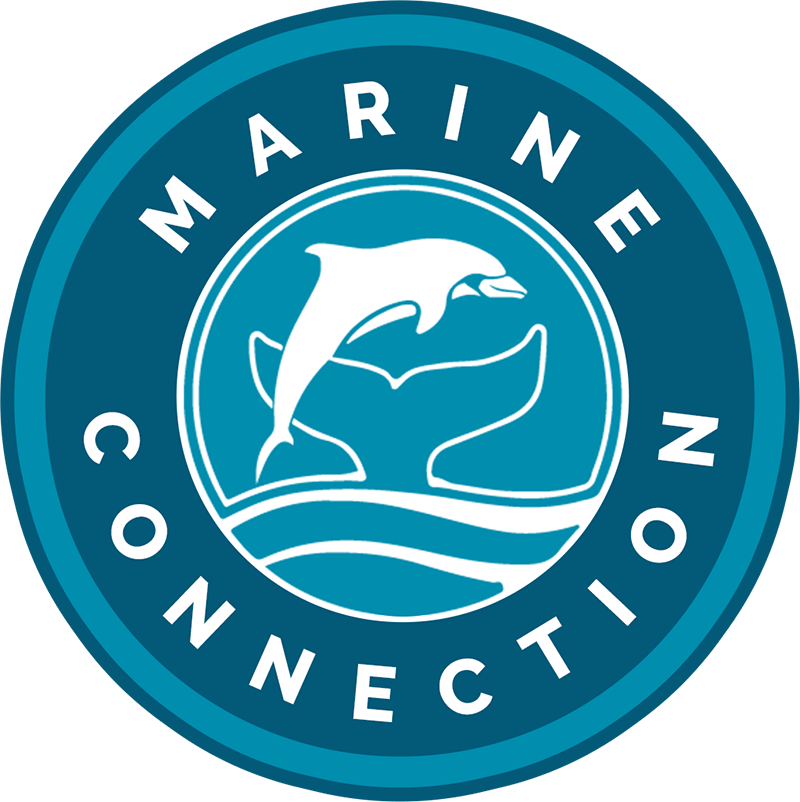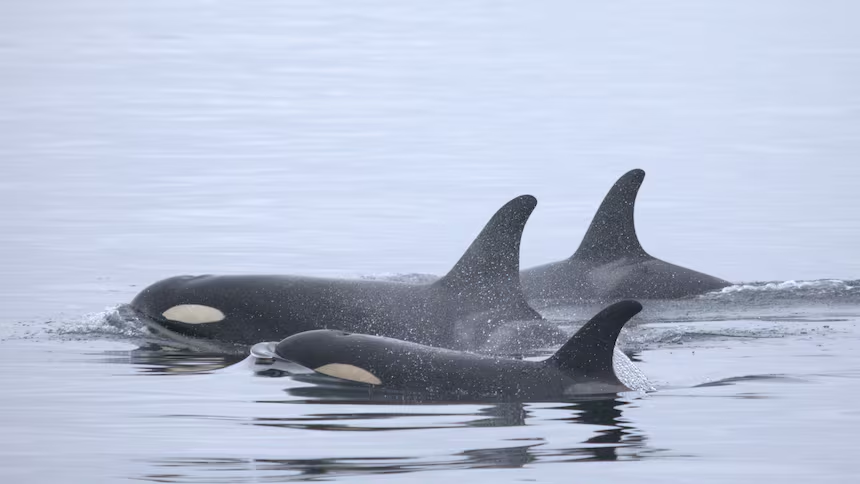An increasing number of whales and dolphins are living solitary lives, separated from their family pods for unclear reasons such as maturity, loss, or individual behaviour. While solitude isn’t inherently harmful, problems arise when these animals become habituated to human interaction. Marine Connection has tracked solitary sociable cetaceans for over 25 years. The UK has seen more than 15 solitary bottlenose dolphins, mostly males. Globally, other species such as common dolphins and beluga whales have also become habituated to humans, often due to interactions with swimmers. Some stay in one location for years, while others leave sooner.
Keeping solitary sociable dolphins or whales wild is essential for their well-being.

In the summer of 2018, a male bottlenose dolphin named Danny became a beloved figure in Portland, Dorset. Frequently seen following boats and engaging with divers, Danny captured the hearts of many. Tragically, in October 2020, Danny was fatally injured by a vessel, passing away at around 10 years old.
In 2021, Marine Connection, in collaboration with the local community, installed a stone memorial at Portland Marina to honour his memory. While it serves as a lasting tribute, it also carries an important conservation message: solitary, sociable dolphins should be given space to maintain their wild nature and natural behaviours.
Danny’s life, and ultimately his death, is a cautionary tale about the risks posed by close human interaction and serves as a powerful reminder of the delicate balance between our admiration for wild animals and the responsibility we carry to protect them — not only from intentional harm but also from the unintended consequences of our presence.
Another solitary dolphin, Izzy, off Padre Island, Texas, was taken into captivity solely due to human interference — a preventable outcome had people respected her space in the wild. We must admire wildlife from a distance and resist the urge to interact directly with dolphins and whales. Even well-meaning human actions can cause harm or lead to captivity.
Watching a solitary, sociable dolphin or whale in their natural habitat is an unforgettable experience. But just as humans need personal space, so do these remarkable animals.
First produced in 2008, the third edition of our LONE RANGERS report (2024) continues to explore the phenomenon of solitary cetaceans in detail. It investigates the theories behind their solitary behaviour, considers the process of habituation, and examines the risks posed to both cetaceans and humans. By reviewing all known cases to date and evaluating current protective legislation, the report offers recommendations to ensure their protection in both the short and long term.
We promote their protection through a proactive and informed approach:
- Collaborating with Local Authorities
We provide guidance, support, and—when necessary—a tailored action plan to help manage the presence of a solitary cetacean in a given area. - Public and Media Outreach
We raise awareness about responsible behaviour around solitary marine mammals to help ensure their safety and well-being. - Monitoring and Reporting
We monitor known individuals and encourage the public to report sightings to aid in research and protection efforts. - Research and Reporting
We publish reports and share updates based on our ongoing research to inform policy, practice, and the public.
Help us protect solitary, sociable dolphins and whales
Solitary dolphins and whales may seek out human interaction — but these encounters must be handled with care.
📌 Share our awareness poster on how to safely and respectfully interact with these majestic marine mammals. Your outreach can help protect both people and wildlife.
📸 Seen a solitary dolphin or whale in your area?
Let us know! Report sightings with details and photos (if possible) to help us update our records and support ongoing conservation efforts.
Together, we can ensure these incredible animals are treated with the respect they deserve.






